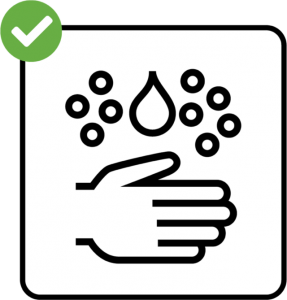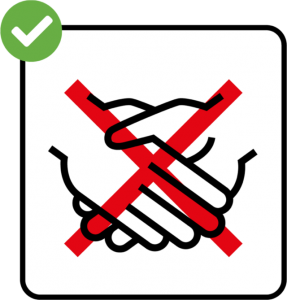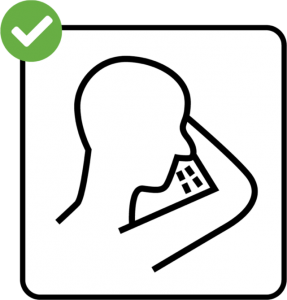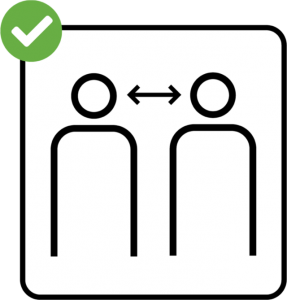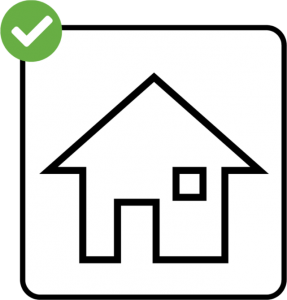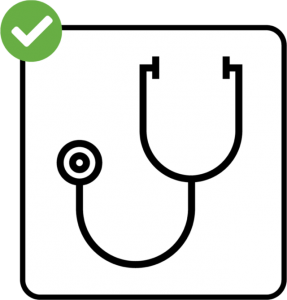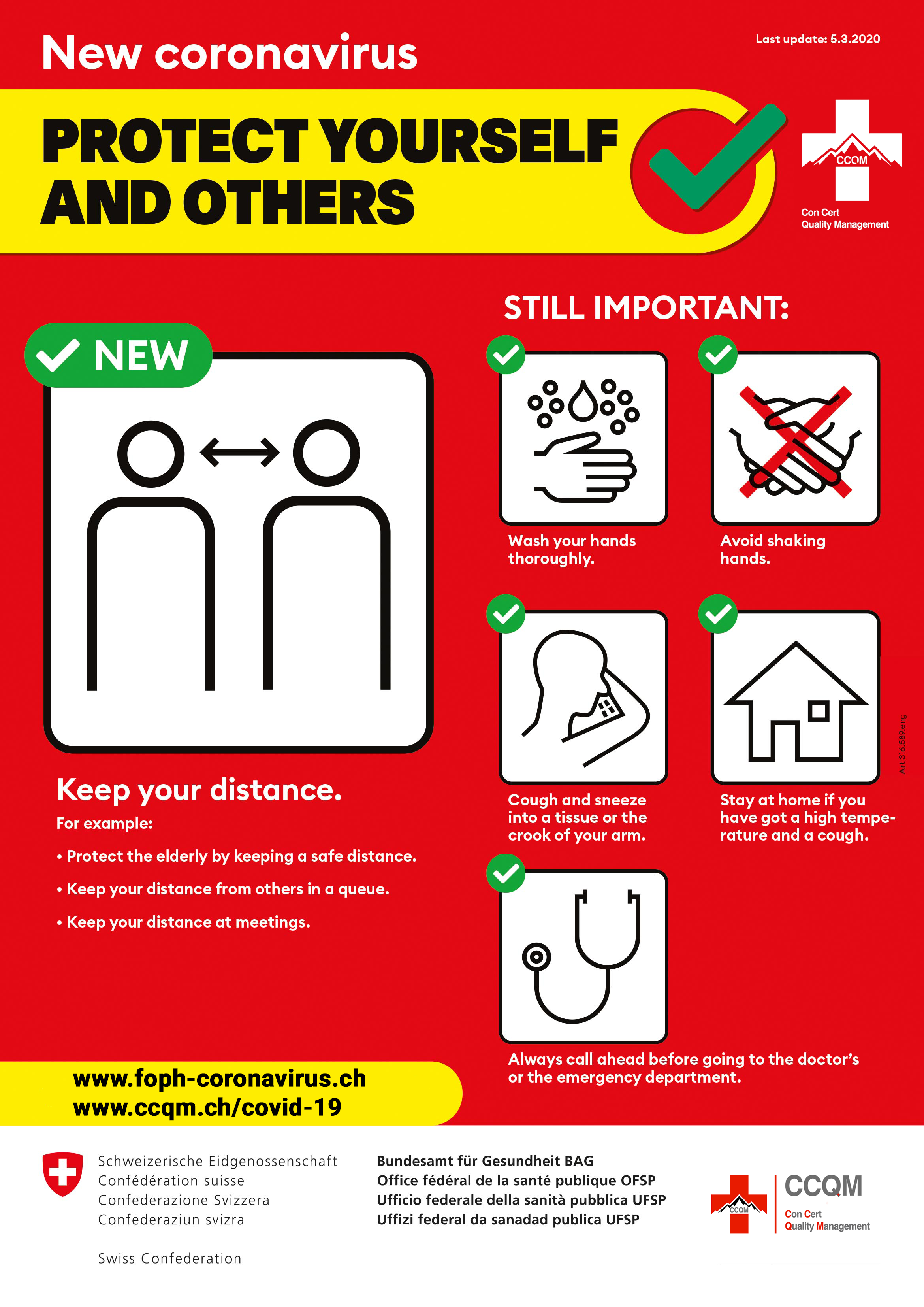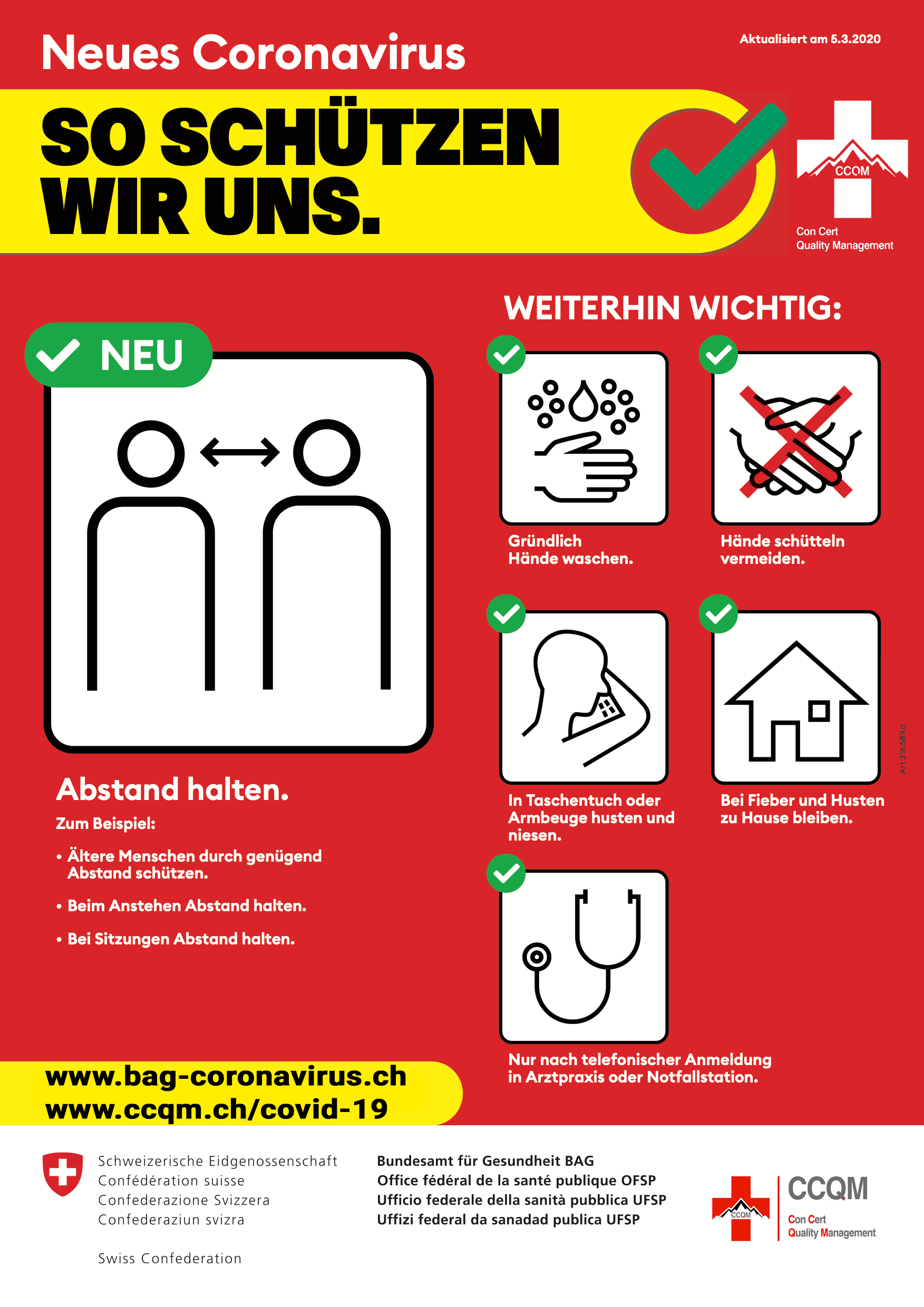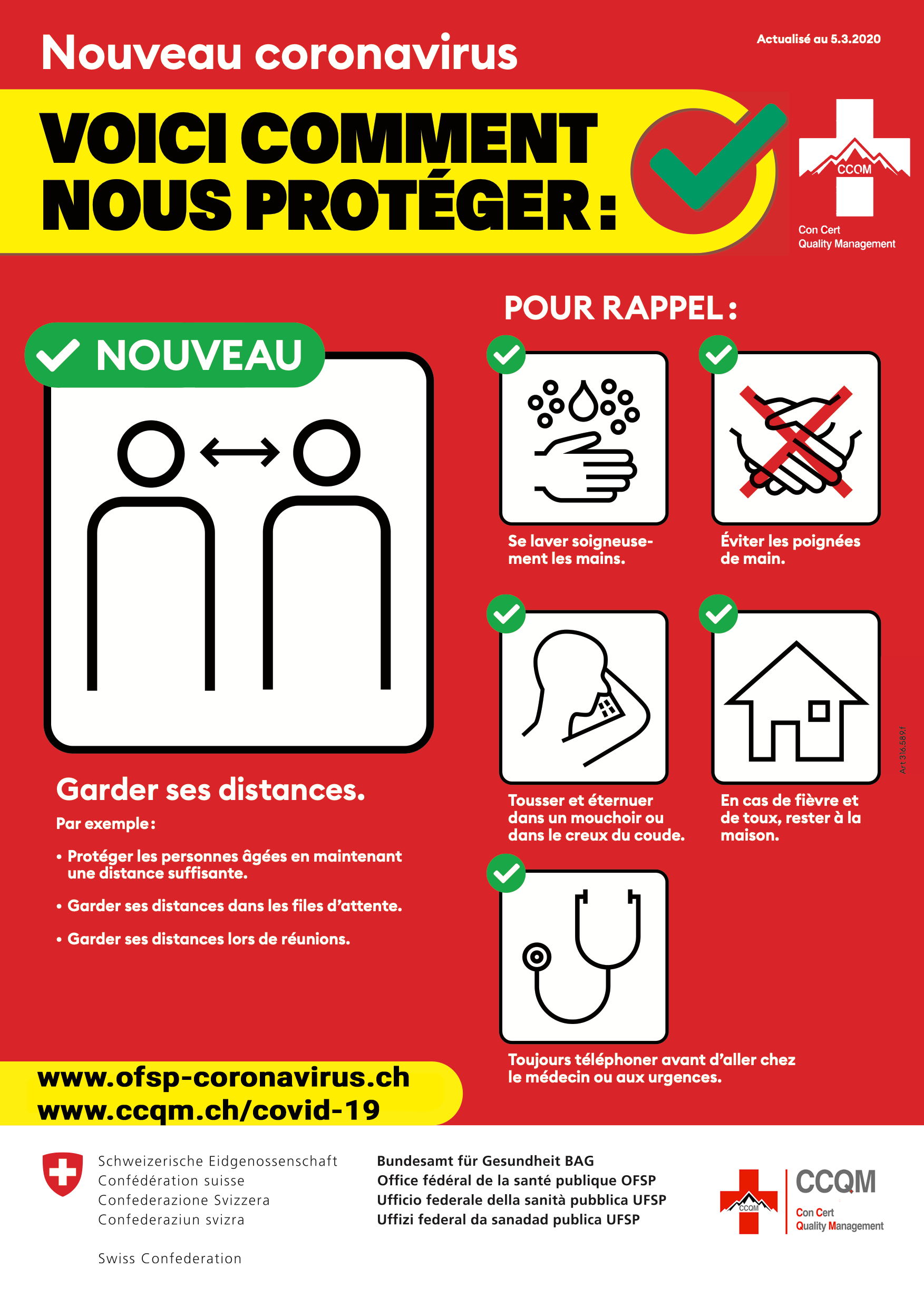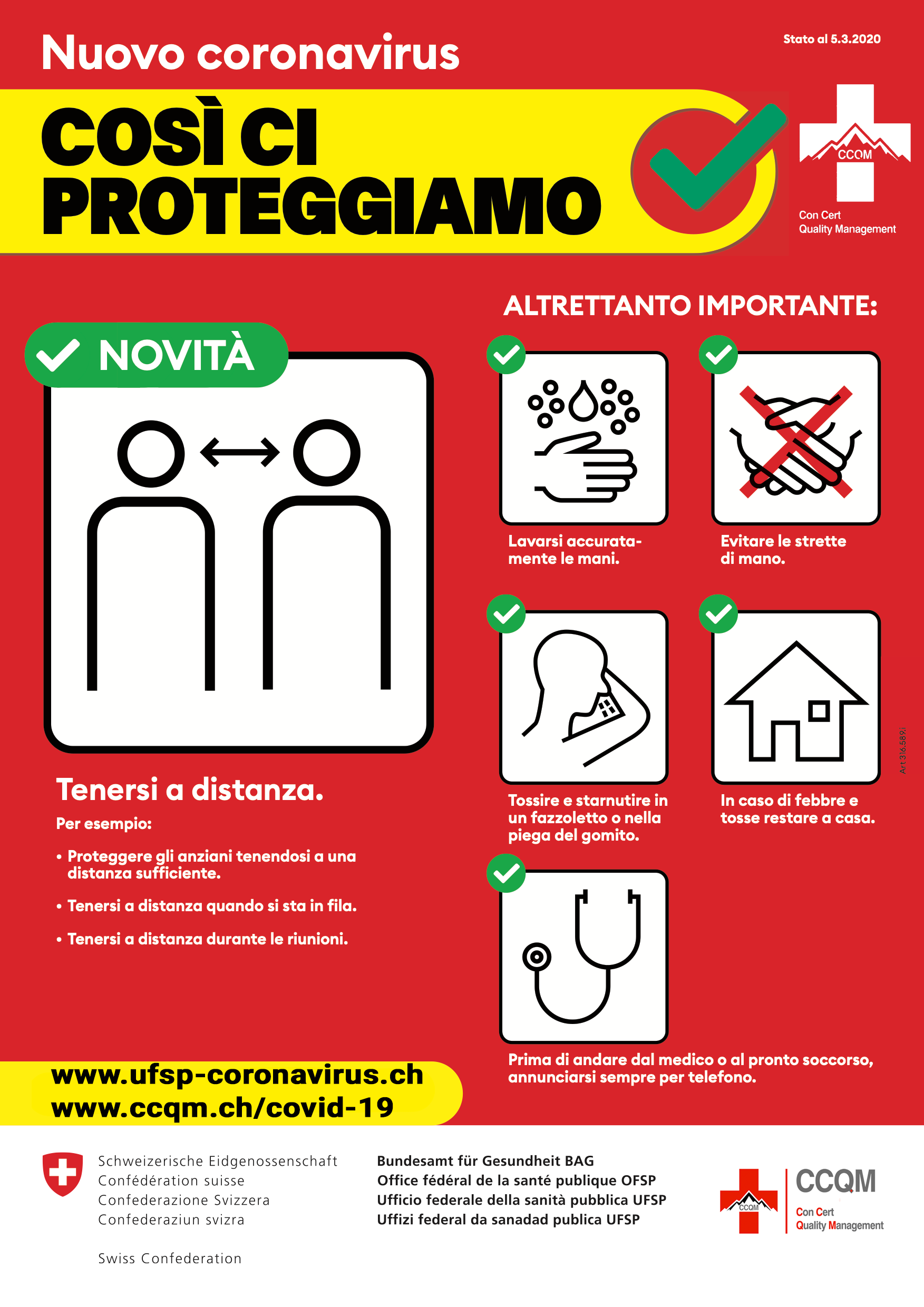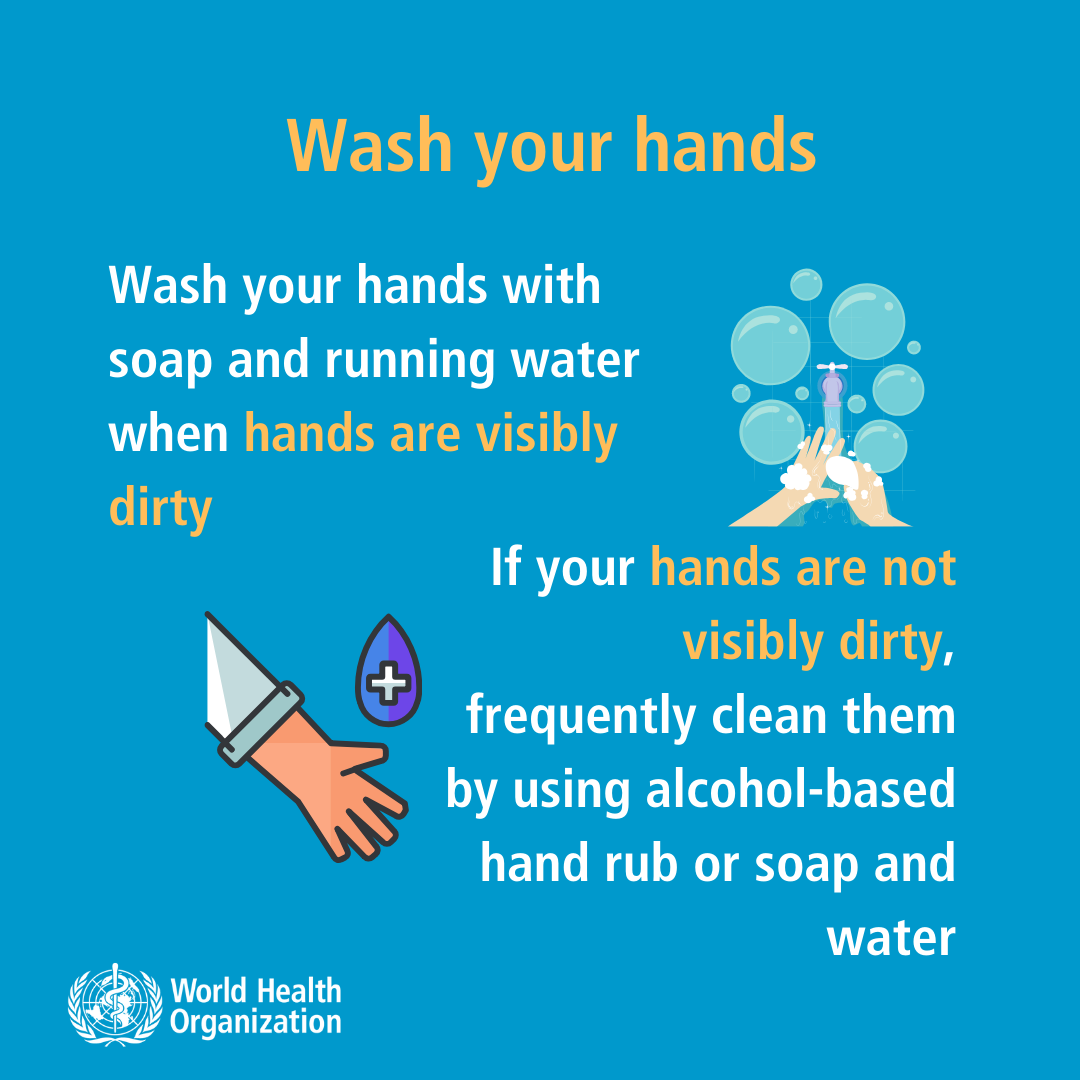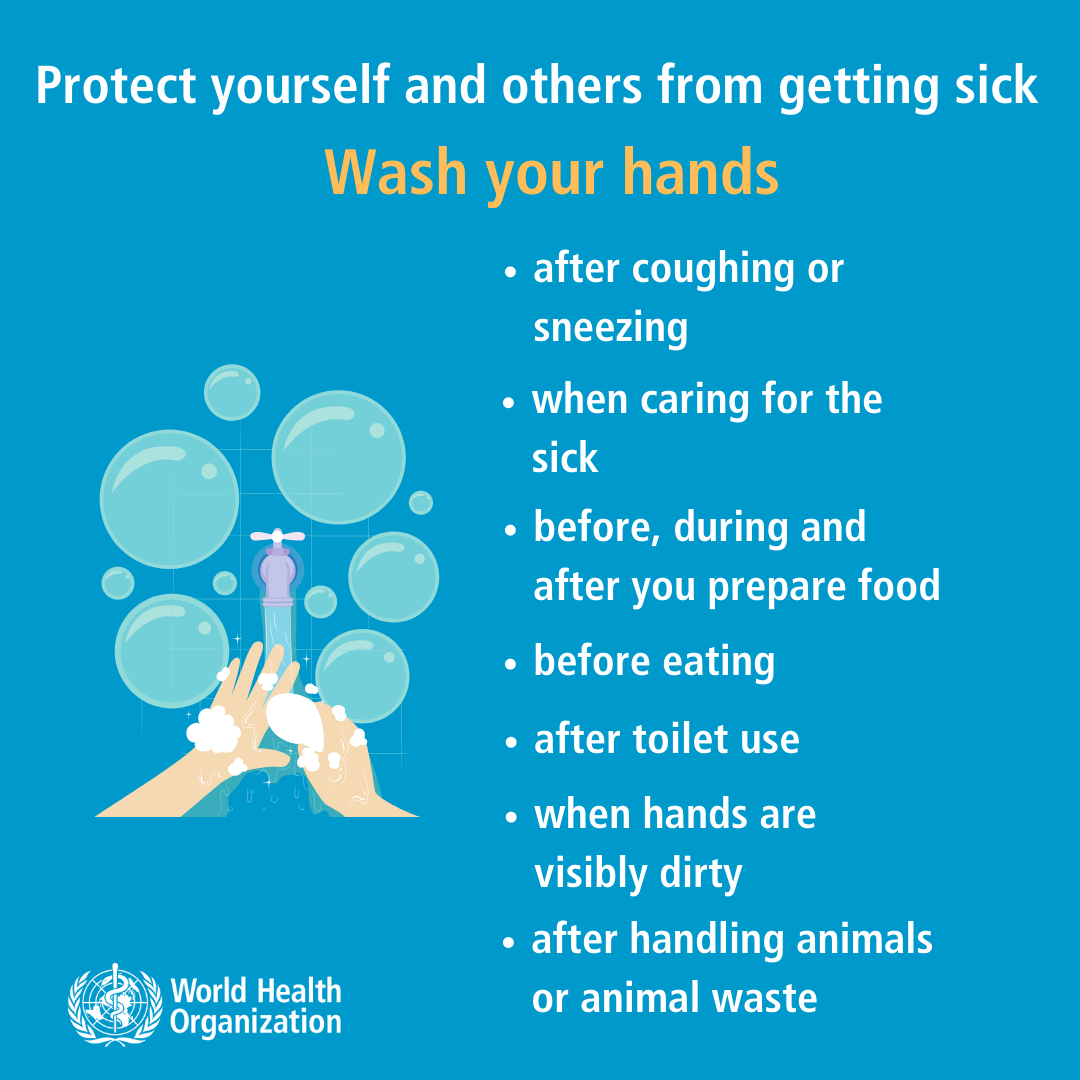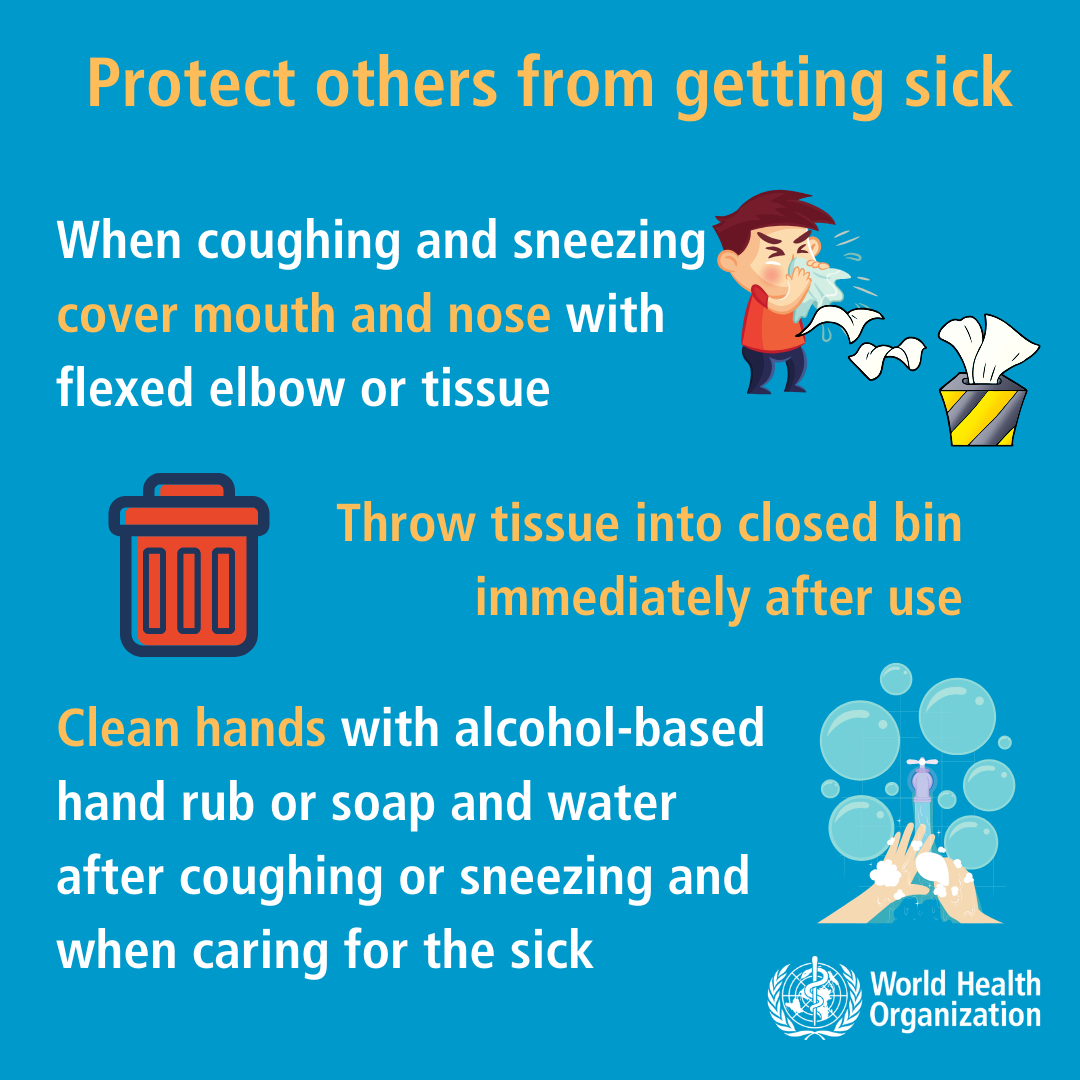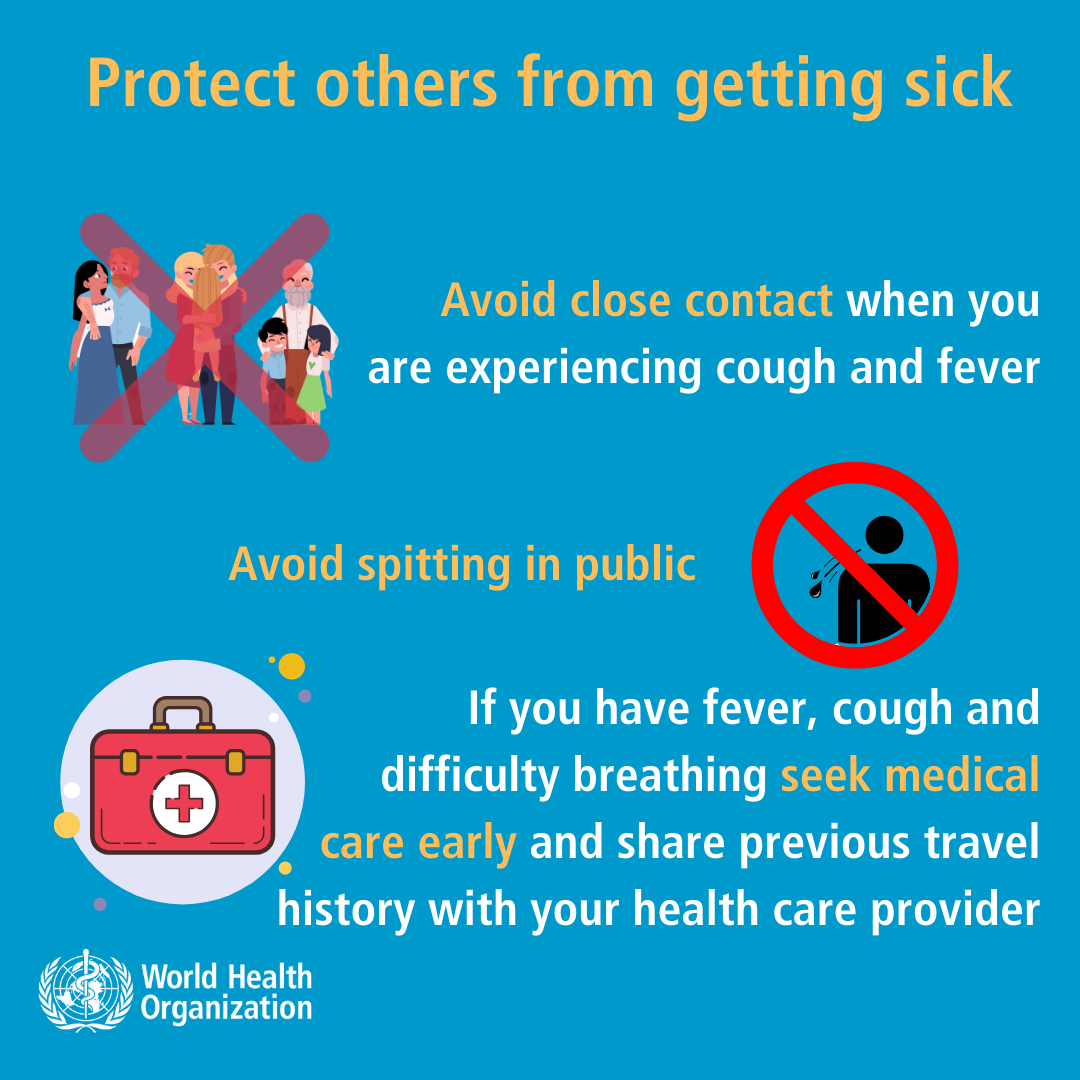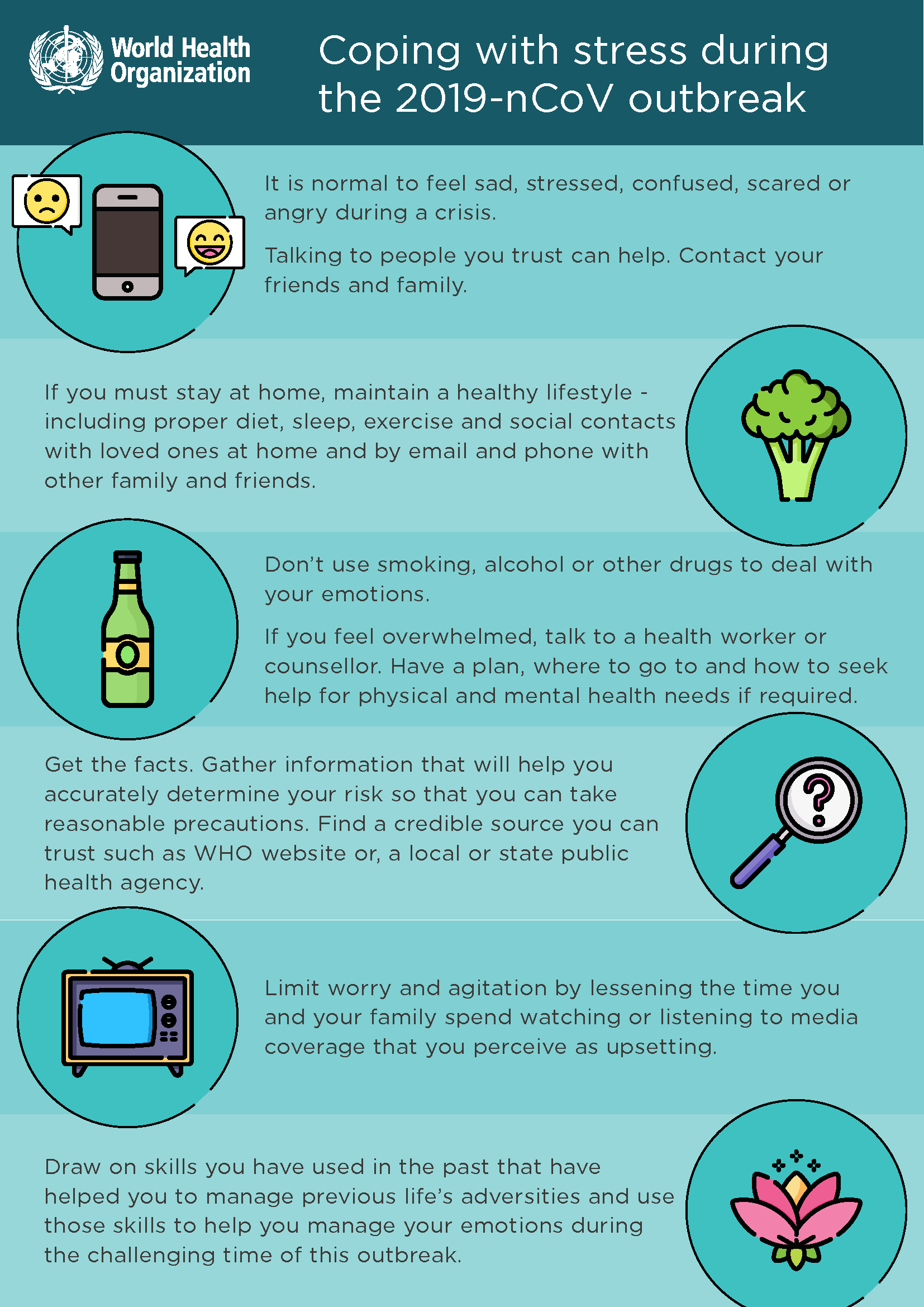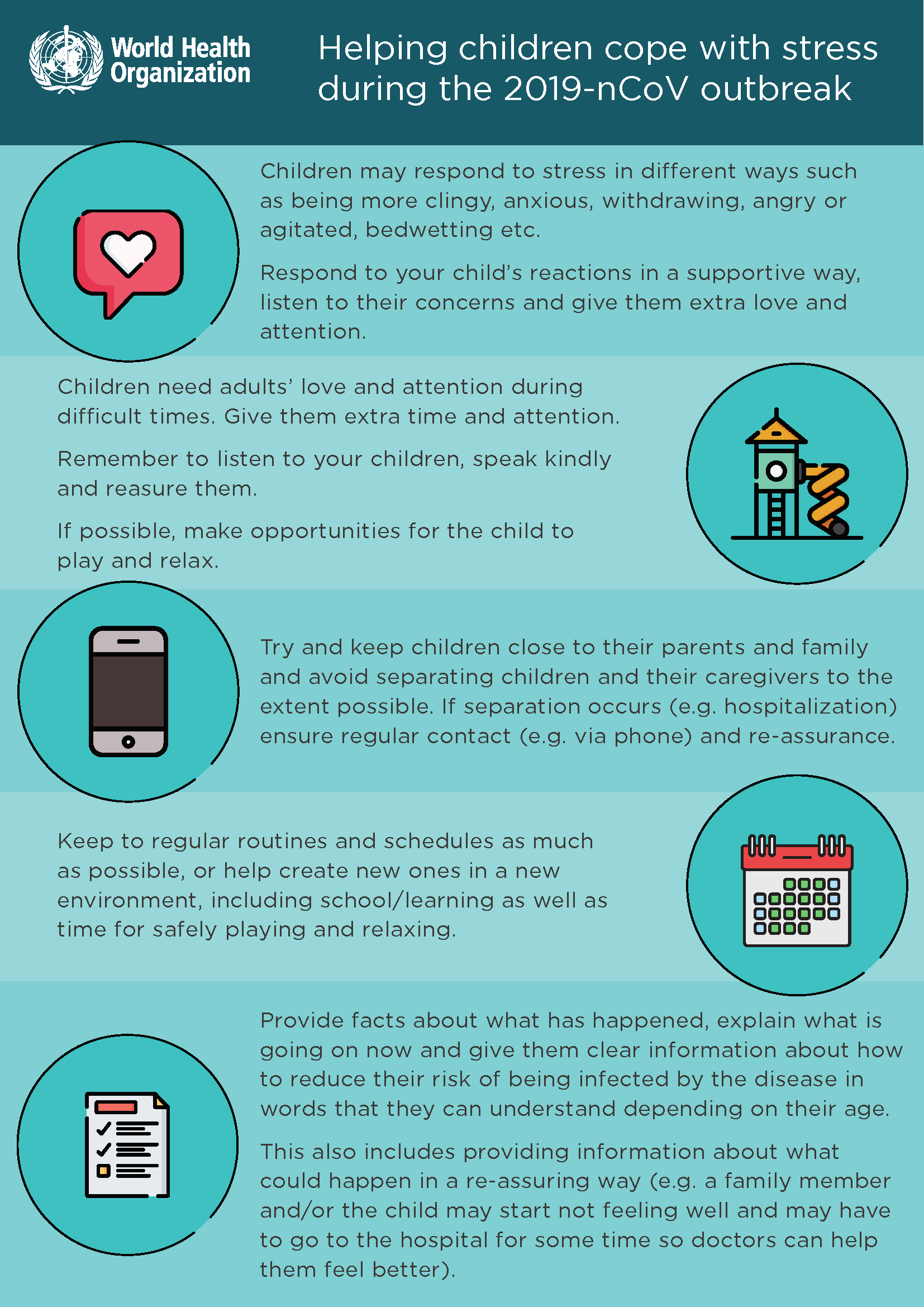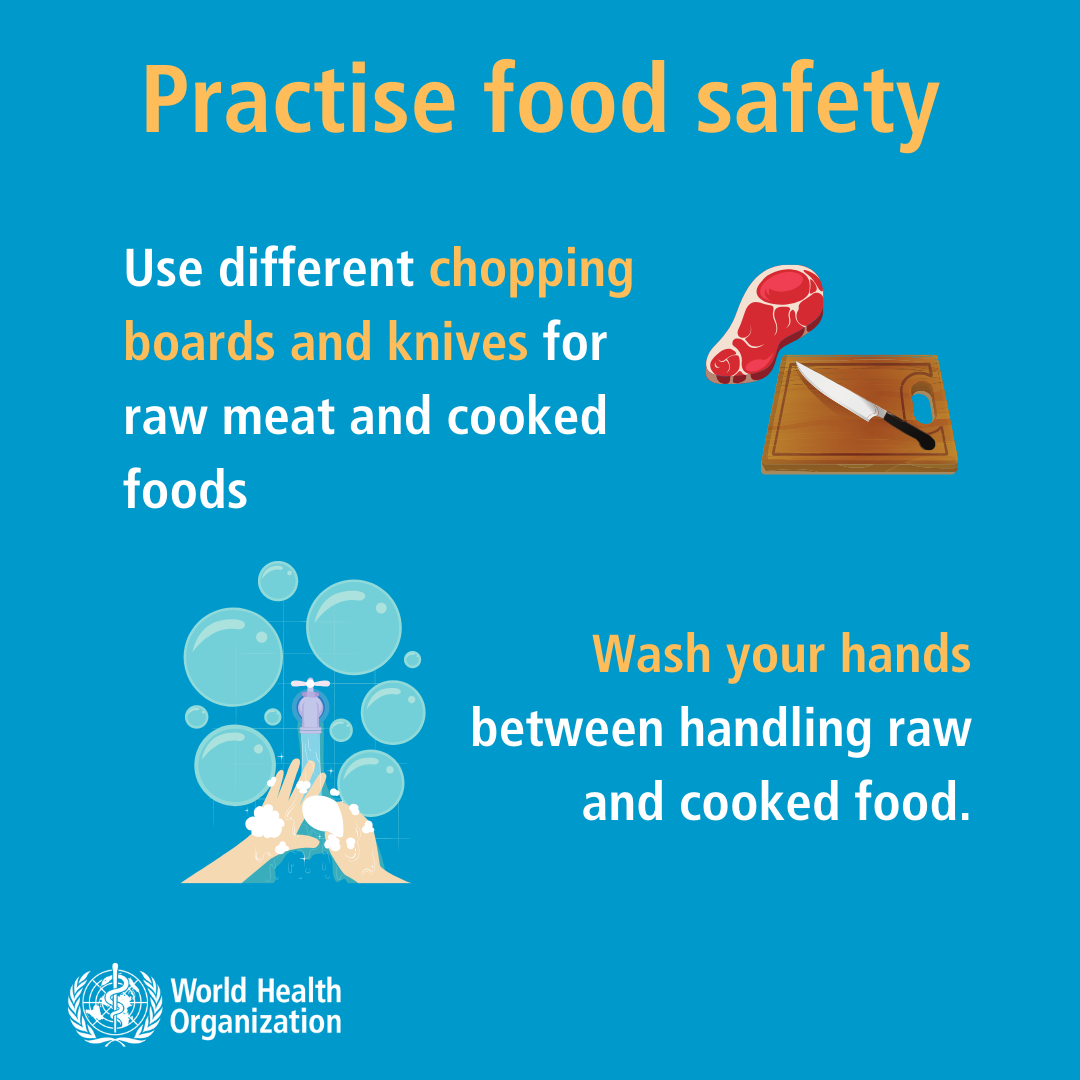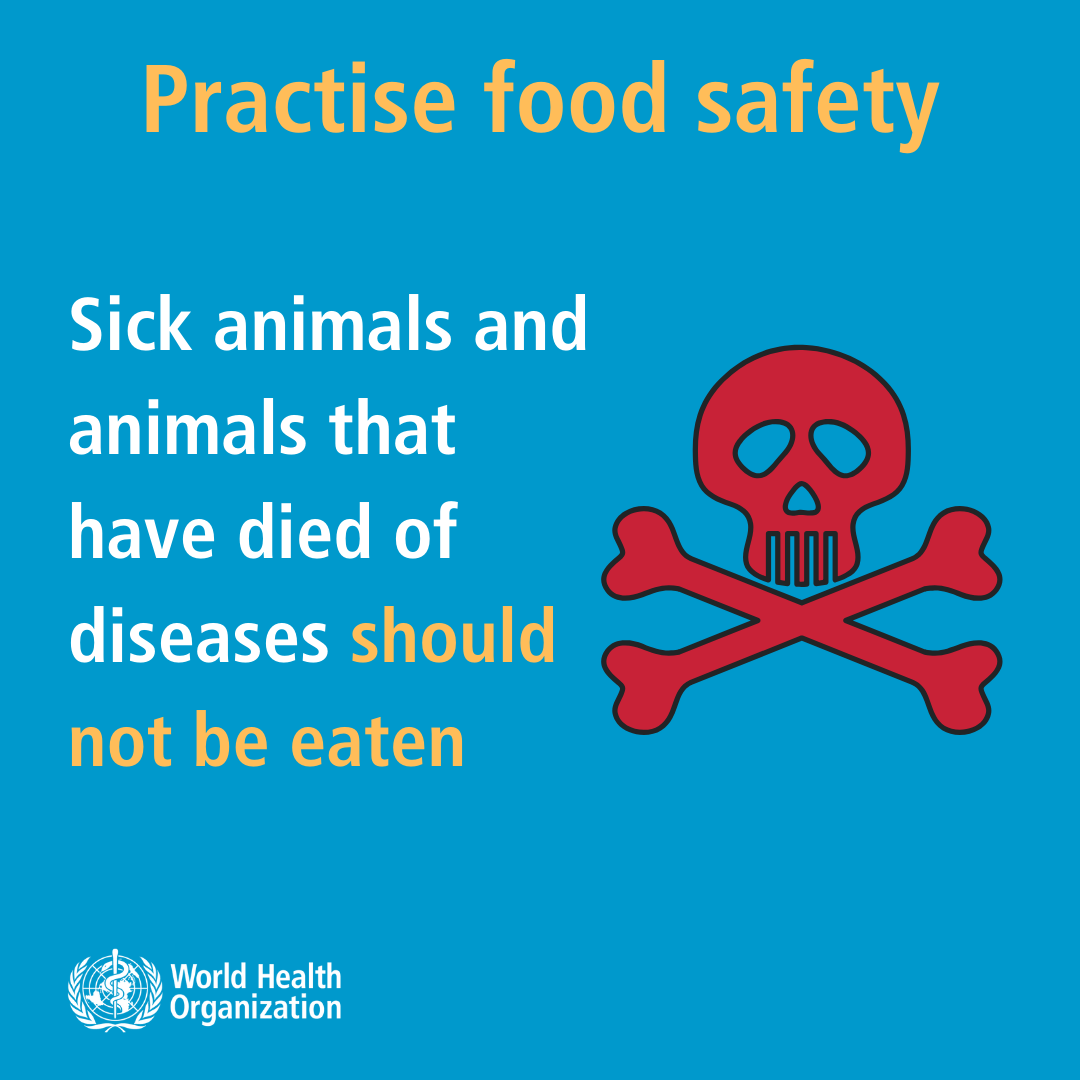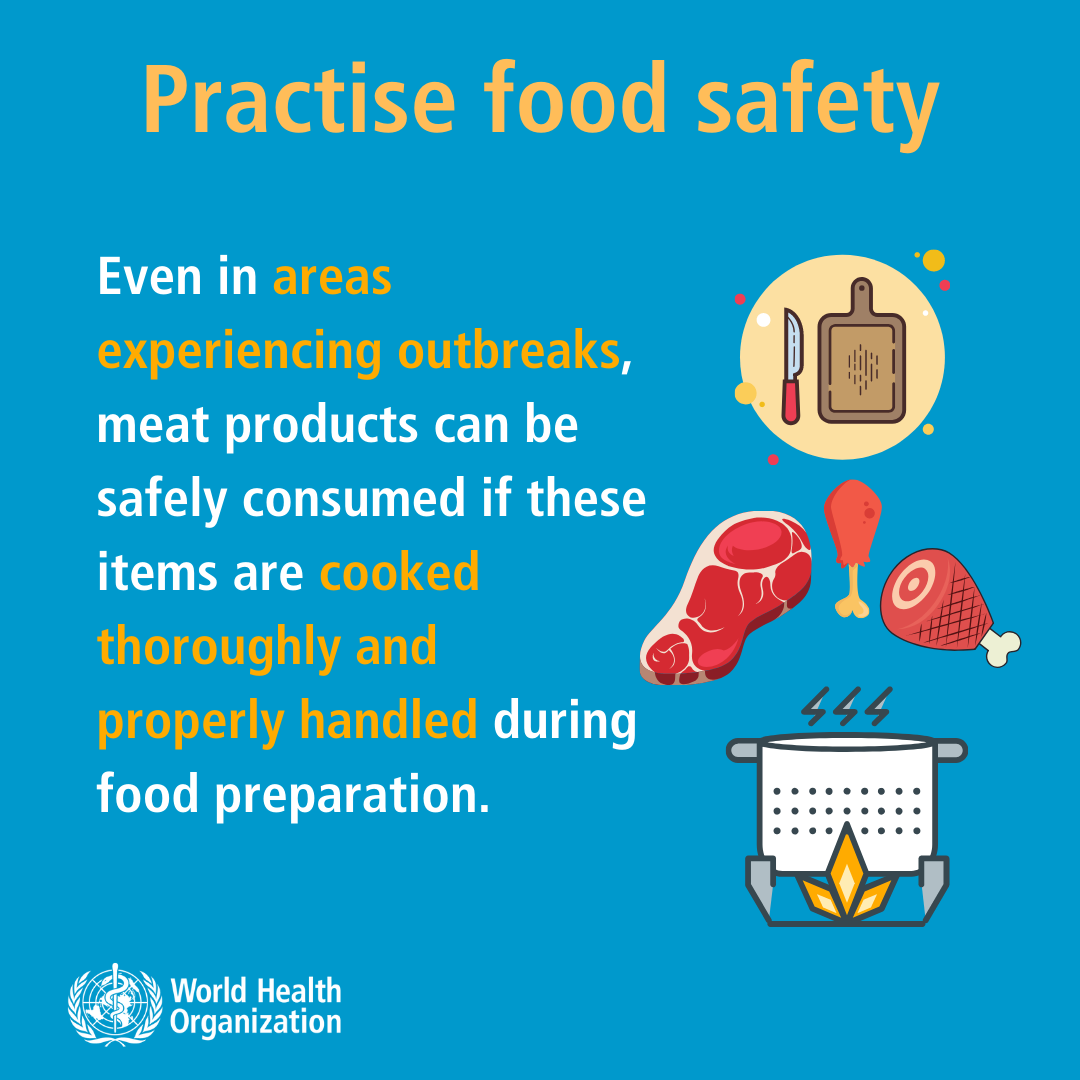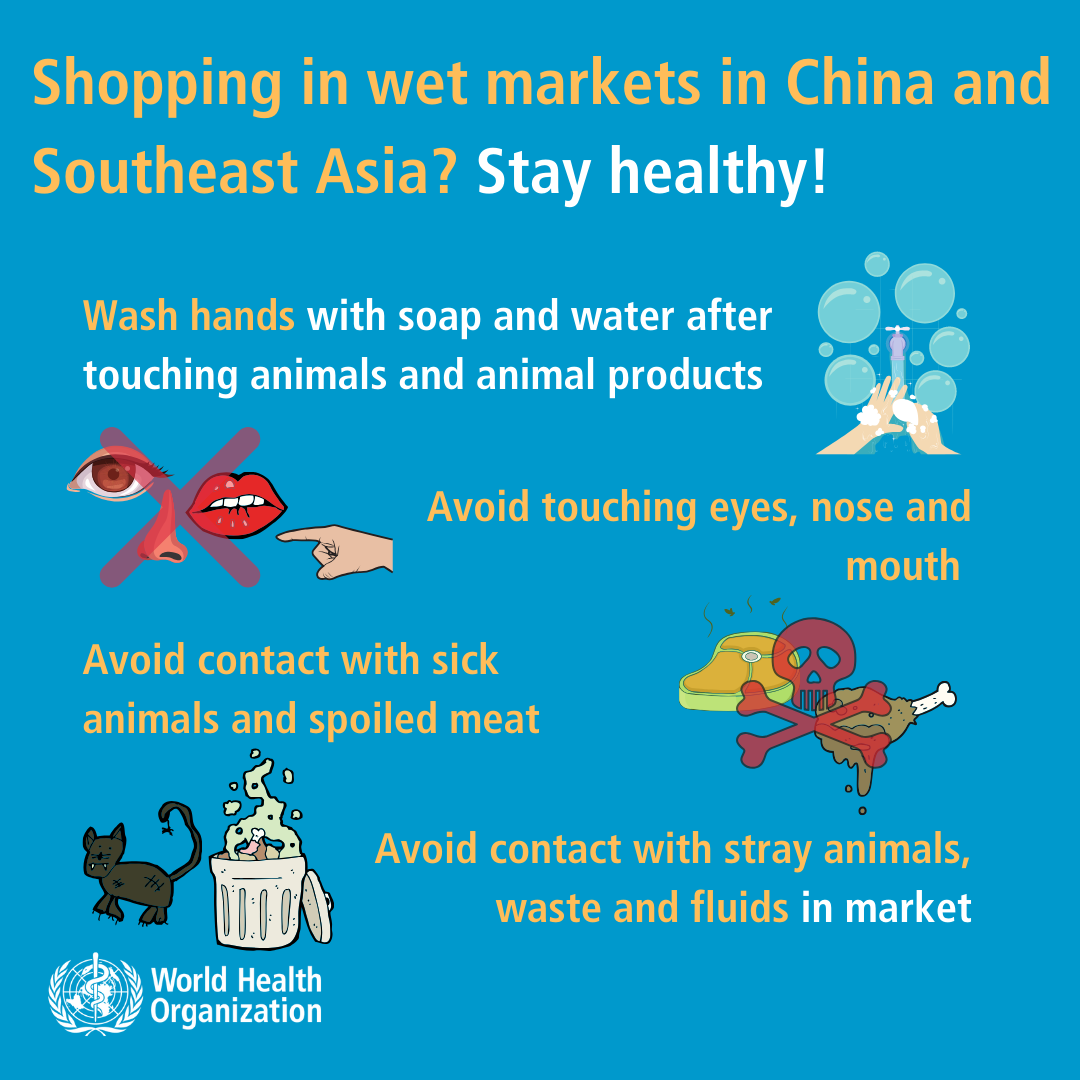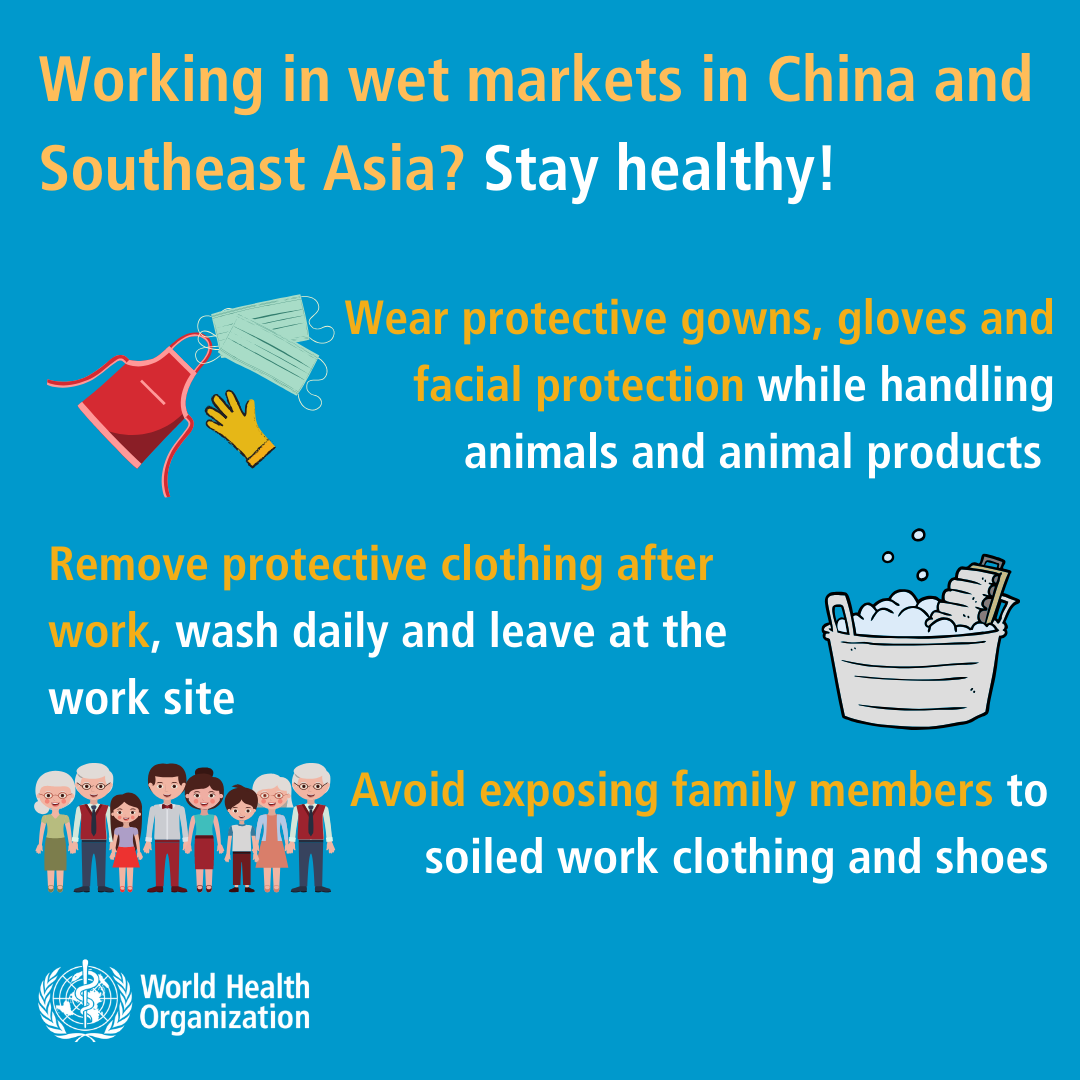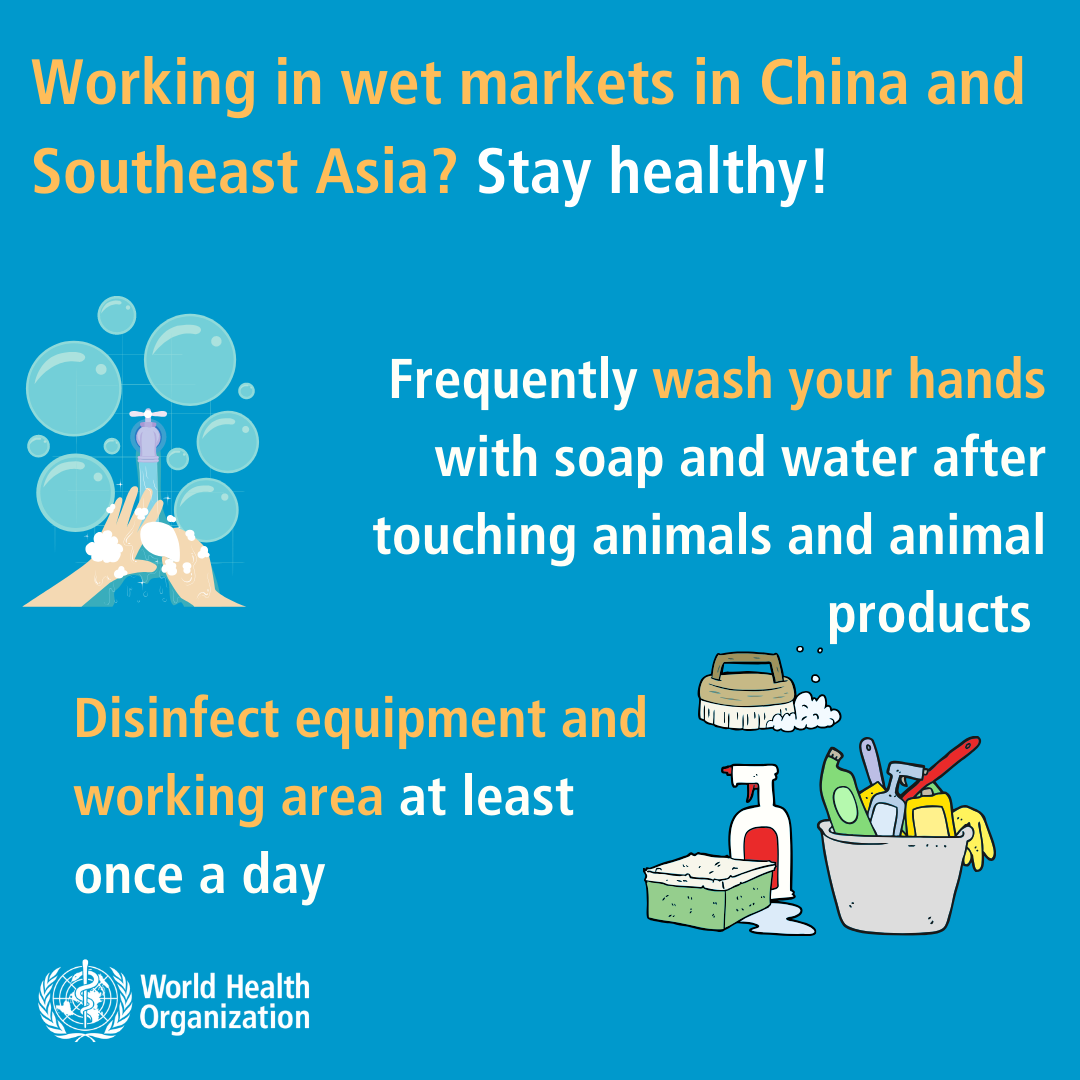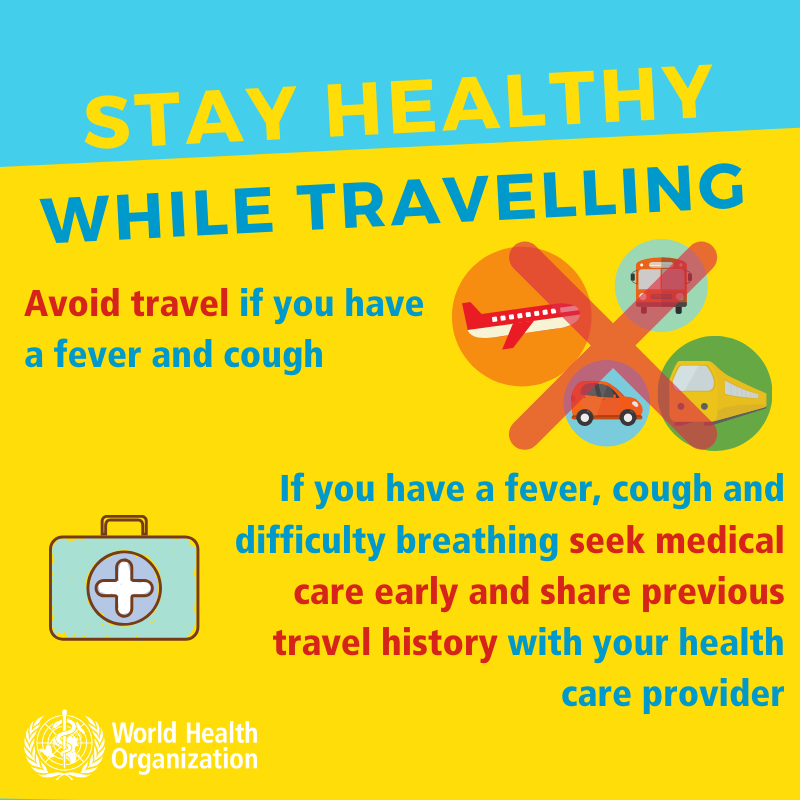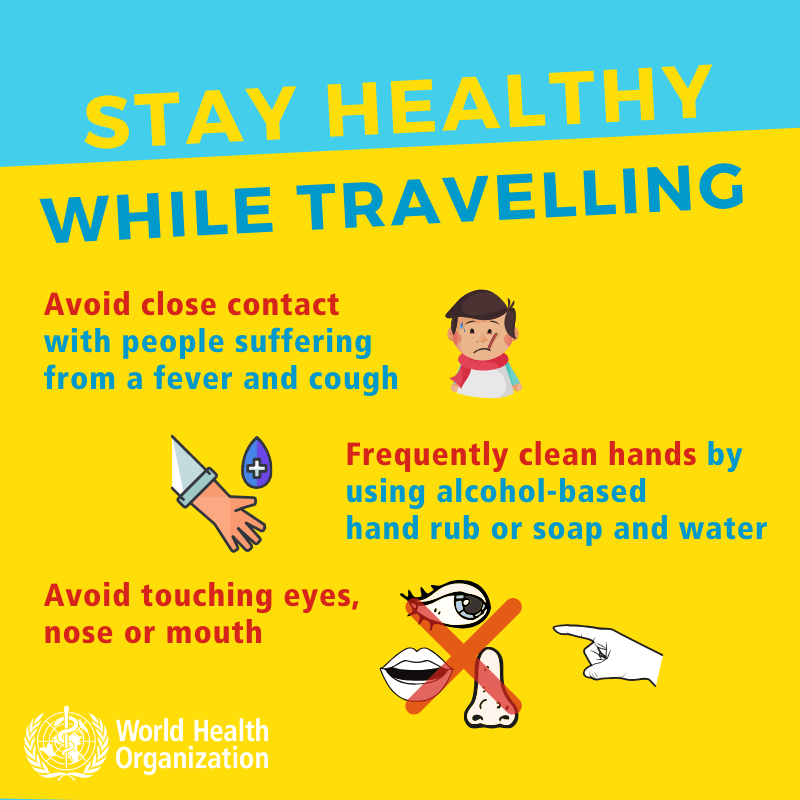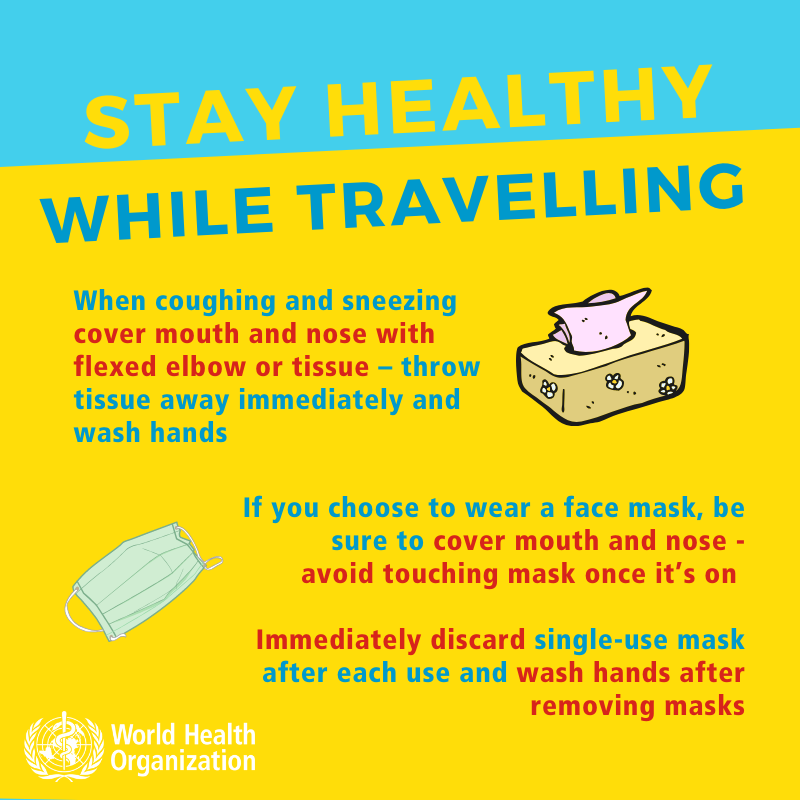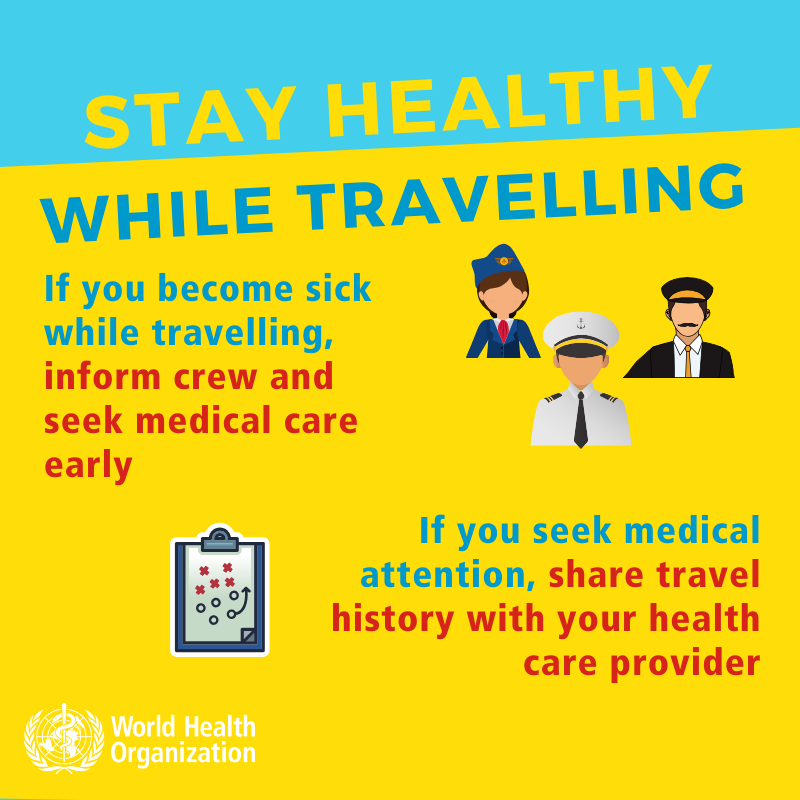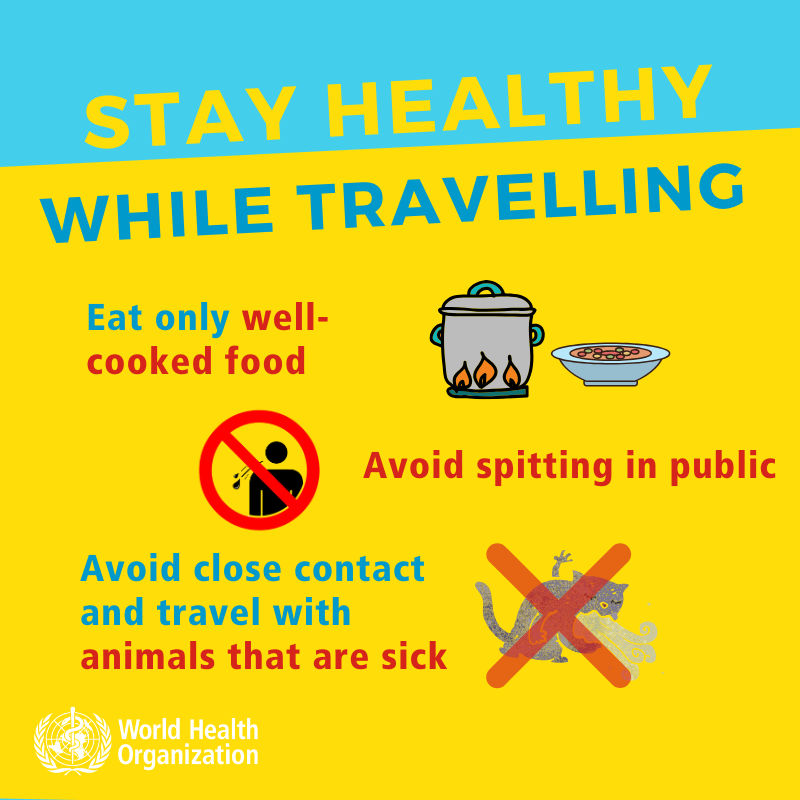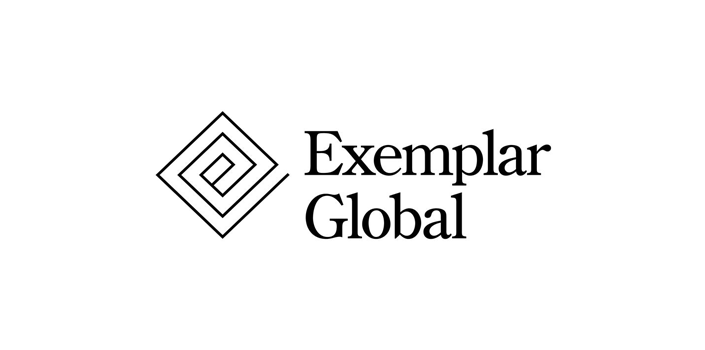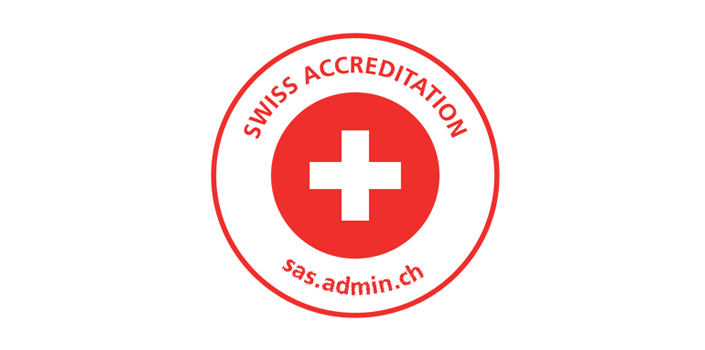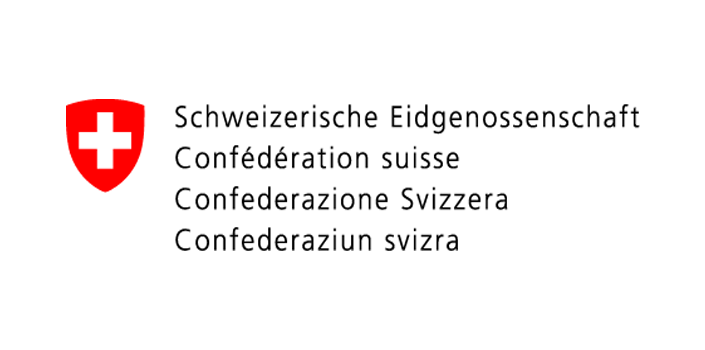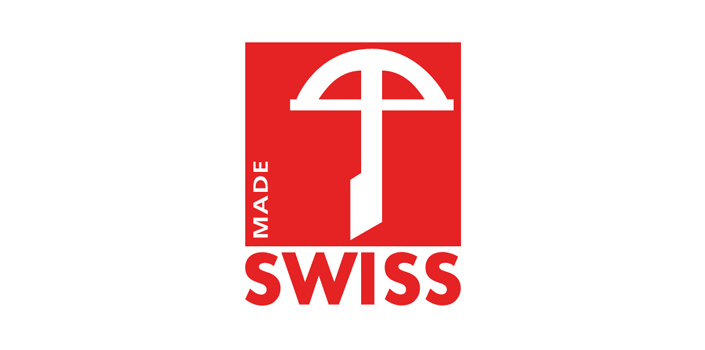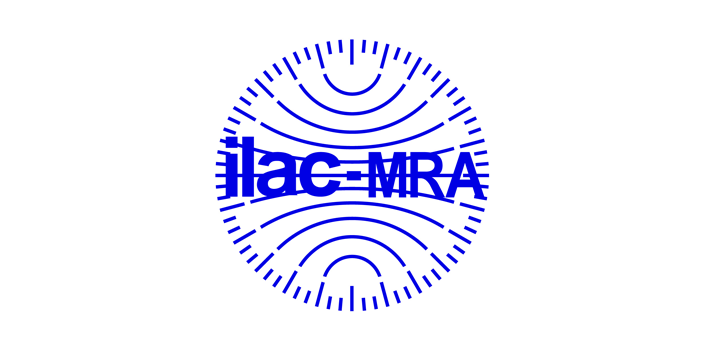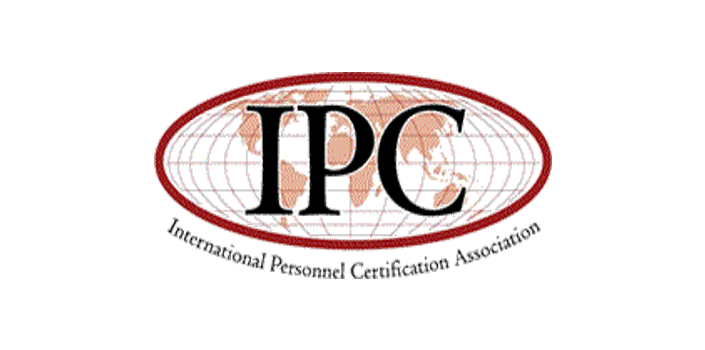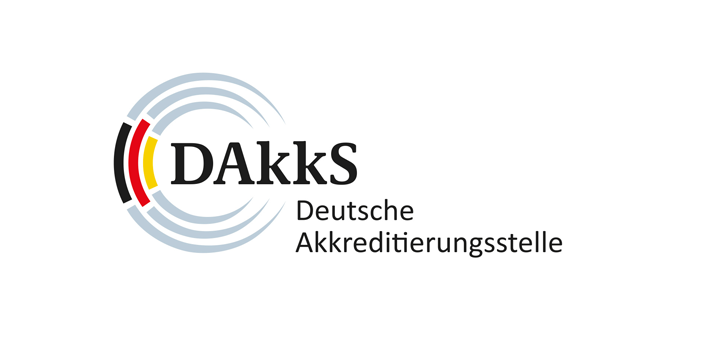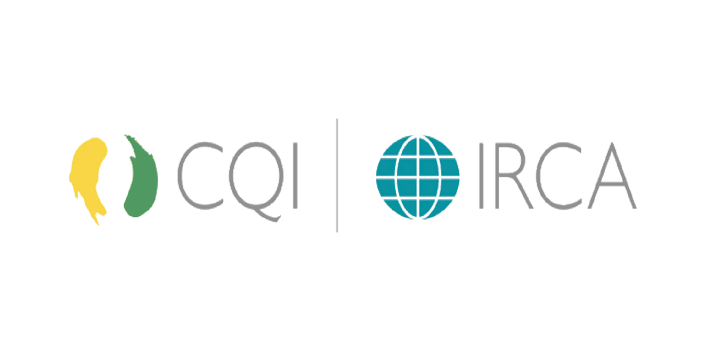Hygiene rules and how to behave
The Federal Office of Public Health recommends simple measures to prevent the spread of the new coronavirus.
Wash your hands thoroughly.
Avoid shaking hands.
Cough and sneeze into a tissue or the crook of your arm.
Keep your distance.
Stay at home if you have got a high temperature and a cough.
Always call ahead before going to the doctor’s or the emergency department.
WHO declared the Coronavirus COVID-19 outbreak a public health emergency of international concern on January 30, 2020.
after they identified that the novel coronavirus is expected to continue spreading internationally and may appear in any country.
WHO defines a public health emergency of international concern as “an extraordinary event” that:
identifies a “public health risk to the international spread of disease” and “to potentially require a coordinated international response.”
Previous public health emergencies have included Ebola, Zika and H1N1.
Thus, this declaration is for a global call rather than an individual call.
They are asking all countries to be prepared for containment, including:
active surveillance
early detection
isolation and case management
contact tracing
and preventing the spread of Coronavirus COVID-19 infections.
Wash your hands frequently with soap and water or use an alcohol-based hand rub if your hands are not visibly dirty.
Why? Washing your hands with soap and water or using alcohol-based hand rub eliminates the virus if it is on your hands.
Practice respiratory hygiene
When coughing and sneezing, cover mouth and nose with flexed elbow or tissue – discard tissue immediately into a closed bin.
And clean your hands with alcohol-based hand rub or soap and water.
Why? Covering your mouth and nose when coughing and sneezing prevent the spread of germs and viruses, specially the coronavirus.
If you sneeze or cough into your hands, you may contaminate objects or people that you touch.
Maintain at least 1 metre (3 feet) distance between yourself and other people, particularly those who are coughing, sneezing and have a fever.
Why? When someone who is infected with a respiratory disease, like Coronavirus 2019-nCoV.
coughs or sneezes they project small droplets containing the virus.
If you are too close, you can breathe in the virus.
Why? Hands touch many surfaces which can be contaminated with the virus.
If you touch your eyes, nose or mouth with your contaminated hands, you can transfer the virus from the surface to yourself.
If you have fever, cough and difficulty breathing, seek medical care early
Tell your health care provider if you have traveled in an area in China where Coronavirus 2019-nCoV has been reported.
or if you have been in close contact with someone with who has traveled from China and has respiratory symptoms.
Why? Whenever you have fever, cough and difficulty breathing.
it’s important to seek medical attention promptly as this may be due to a respiratory infection or other serious condition.
Respiratory symptoms with fever can have a range of causes.
and depending on your personal travel history and circumstances, Coronavirus 2019-nCoV could be one of them.
If you have mild respiratory symptoms and no travel history to or within China
If you have mild respiratory symptoms and no travel history to or within China.
Carefully practice basic respiratory and hand hygiene and stay home until you are recovered, if possible to help yourself from Coronavirus.
As a general precaution, practice general hygiene measures
when visiting live animal markets, wet markets or animal product markets
Ensure regular hand washing with soap
and potable water after touching animals
and animal products;
avoid touching eyes,
nose or mouth with hands;
and avoid contact with sick animals
or spoiled animal products.
Strictly avoid any contact with other animals in the market (e.g., stray cats and dogs, rodents, birds, bats).
Avoid contact with potentially contaminated animal waste or fluids on the soil or structures of shops and market facilities.
Avoid consumption of raw or undercooked animal products
Handle raw meat, milk or animal organs with care, to avoid cross-contamination with uncooked foods.
as per good food safety practices, studies shows, Coronavirus can transmit from it.
By distributing the latest information material, you can help to stop the virus spreading. Everyone should know how to protect themselves and others.
Download the appropriate document, hang it up in a prominent place and send it to friends and family. Important: only distribute official documents from the Federal Office of Public Health.
Information material is available in English. Fact sheets in many other languages are available in the language menu.
Protect yourself and others from getting sick
How to cope with stress during 2019-nCoV outbreak
Practice food safety
Shopping/Working in wet markets in China and Southeast Asia
CCQM Head Office Standard Operating Procedure (SOP)
For protecting against Coronavirus (COVID-19)
Company Certification Procedure
All audits are “allowed” to be conducted remotely until further notice or else following equipment are necessary Mask, Gloves, Sanitizers to be alongside the CCQM auditor.
NOTE: NO HANDSHAKE, NO TRADITIONAL GREETINGS.
Training Certification Procedure:
All training is “allowed” to be conducted remotely or if attending to the class-room is mandatory, please check the possibility for date changing for another suitable timing or at least use the following equipment such as Mask, Gloves, Sanitizers for everyone.
NOTE 1: there should be NO PAYMENT acquired for the following mentioned equipment (Mask, Gloves, Sanitizer, hiring a cleaner for disinfecting the class several times during each class) from the candidates.
NOTE 2: In addition to NOTE 1, CCQM Switzerland will handle ALL payments for such additional equipment (From A to Z) until further notice to protect his staff and training candidates from infectious disease, The Coronavirus (COVIT-19).
NOTE 3: If foods are served during the training, they must be fully packed/untouched and whoever has packed them, must wear gloves, masks, and disinfection and must have no prior health issue for the last 14 days.
NOTE 4: Cleaner must be fully equipped with all necessary items.
NOTE 5: During the training, there should be no handshake or expressing greetings in the traditional way.
NOTE 6: All candidates/Tutors/Cleaners must have no health issues for the last 14 days.
NOTE 7: The payment method to CCQM branches should be made in the bank to bank method and under no circumstances, you should NOT receive CASH until further notice since the paper money is a way to transmit the COVIT-19 from one to another.
How to proceed to get approval for the equipment payments:
1) Before each training, an estimate of the equipment/services should be sent to the head office Switzerland via email: info@ccqm.ch or account
2) After we received the email, we will send you a confirmation within less than 24 hours.
3) CCQM feels responsible enough to handle All additional payments and they’ll be deducted from the CCQM Invoice total costs until further notice.
NOTE 8: All CCQM Tutor/or staff is fully obligated to wear the mask, gloves, disinfections the whole time.
30% OFF for all CCQM Authorized branches
There will be 30% off for all services until the end of March 2020, in order to promote the situation for our authorized CCQM Branches.
CCQM Head office staff are now working from a remote position, We will do our best to minimize the timing to everyone receive their requests as soon as possible.
How to reach us and how we care
We are reachable via emails 24 hours and for emergencies only please use +41 44 586 96 66.


